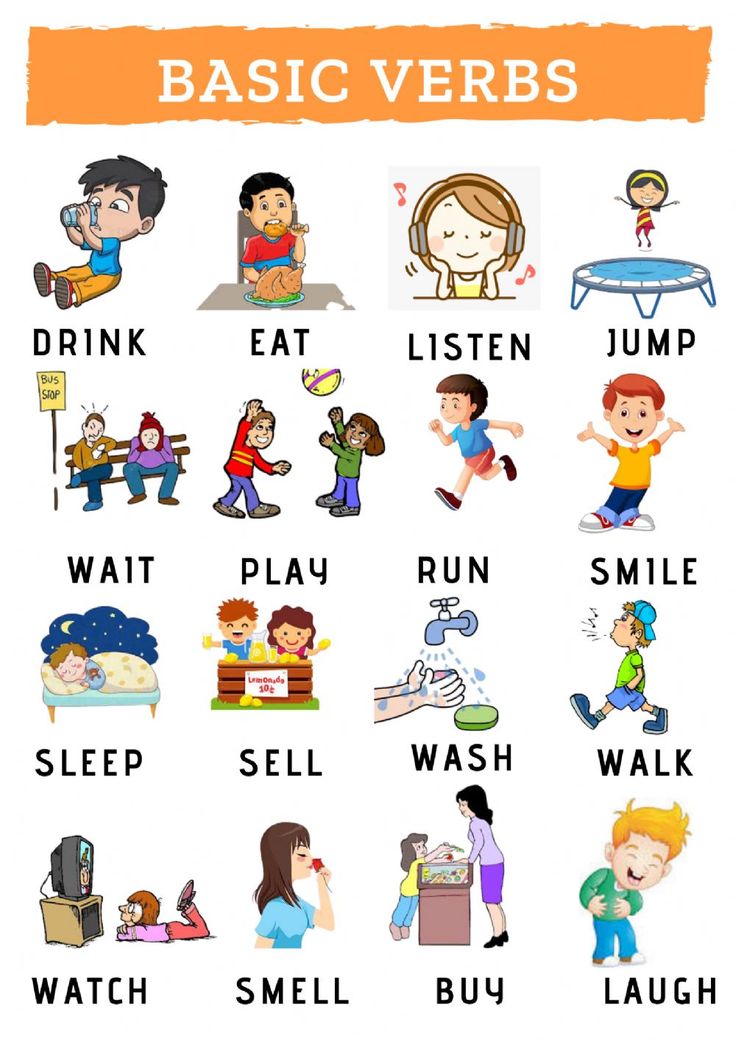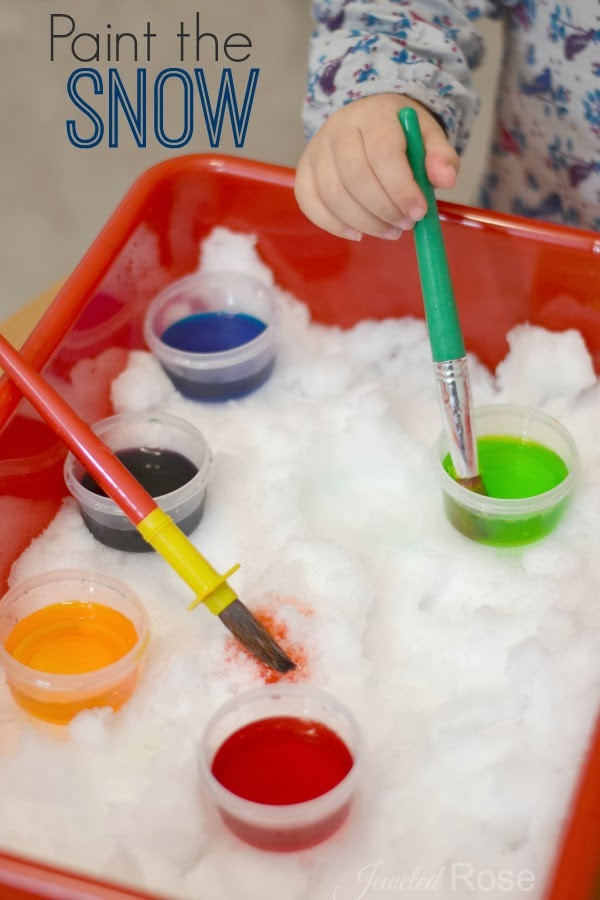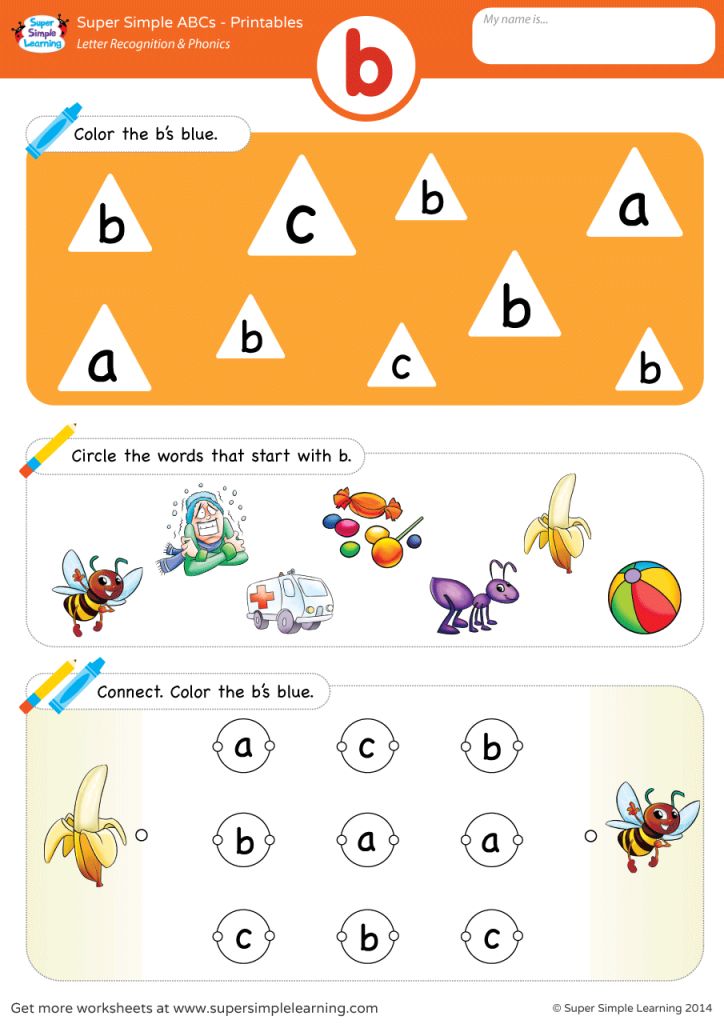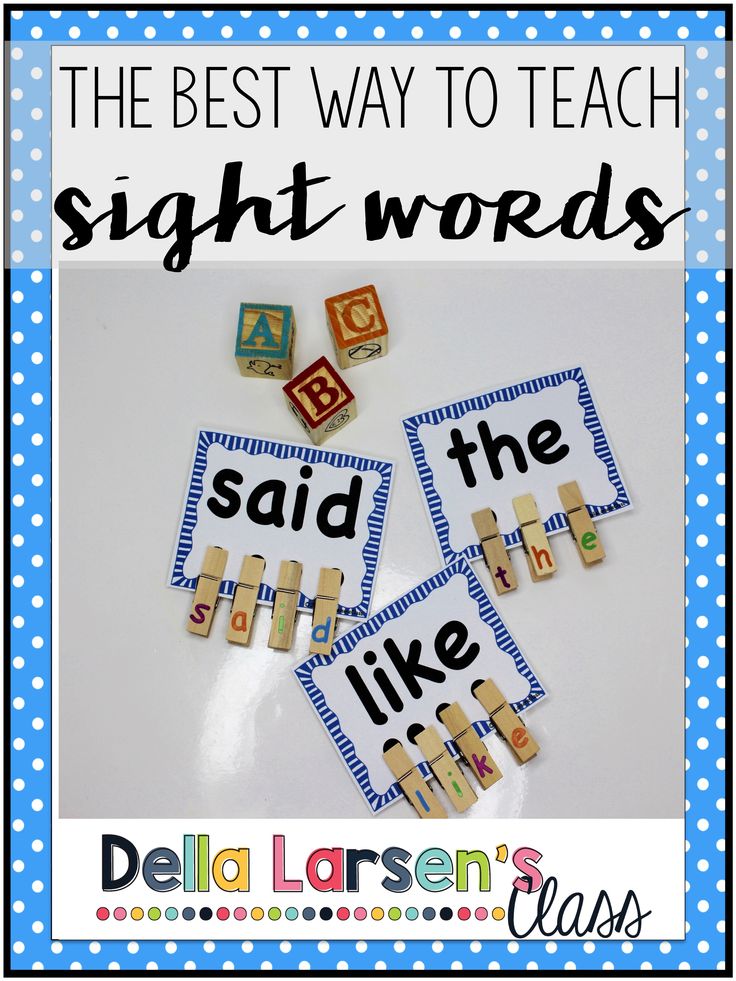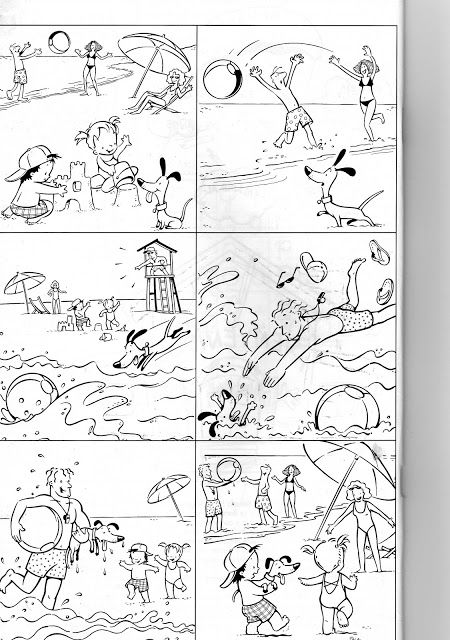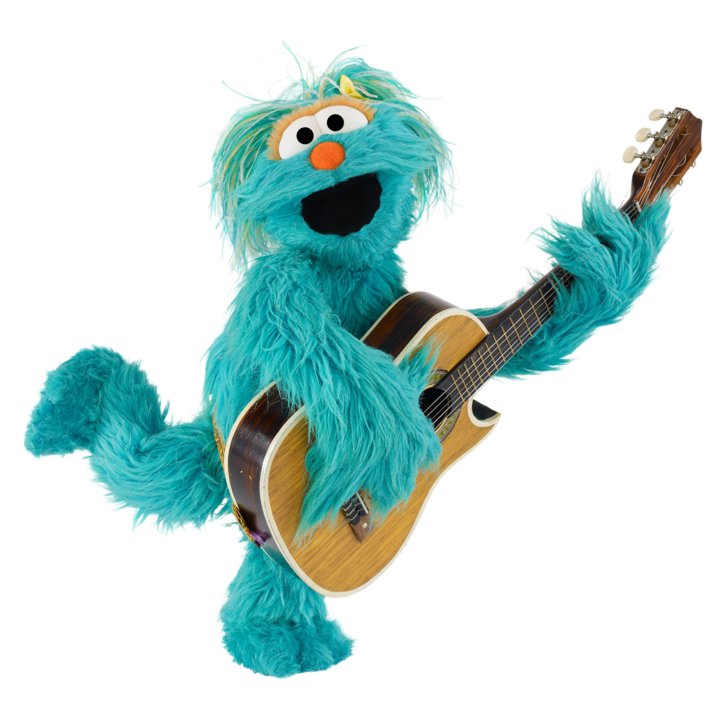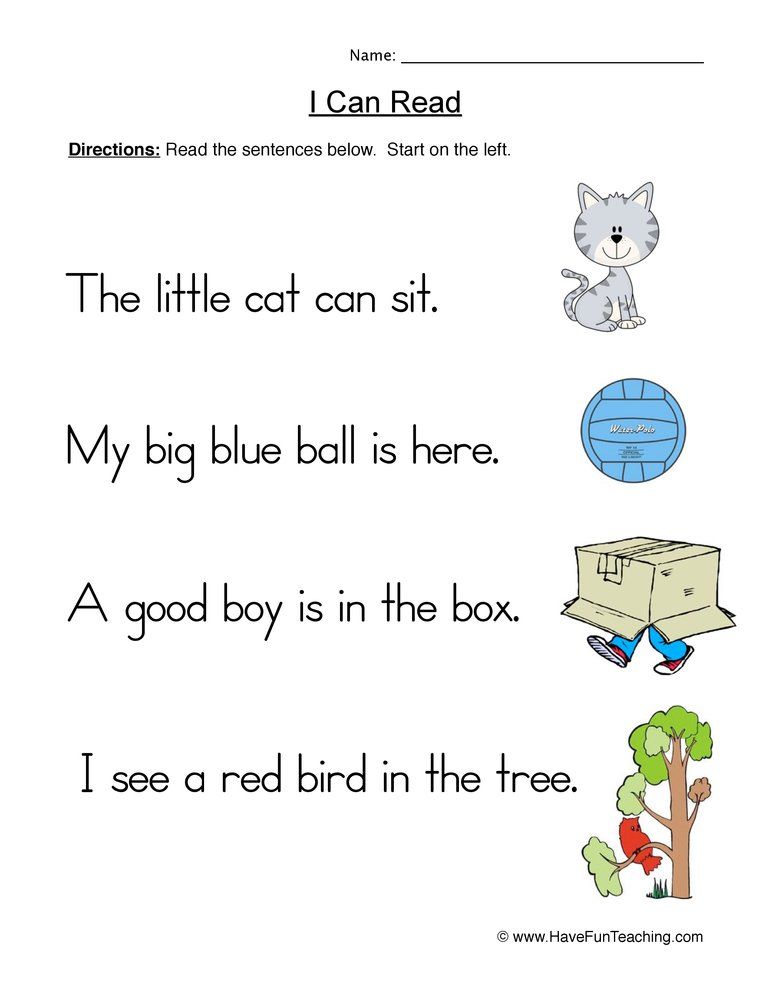Words rhyming with thinking
243 best rhymes for 'thinking'
1 syllable
- King
- Sting
- Ding
- Thing
- Swing
- Spring
- Ring
- Bring
- Sing
- Ng
- String
- Ting
- Wing
- Ping
- Skin
- Ching
- Sling
- Cling
- Spin
- Pin
- Kin
- Bing
- Fling
- Been
- Chin
- Thin
- Twin
- Win
- Gin
- Sin
- Grin
- In
- Min
- Kim
- Din
2 syllables
- Kicking
- Sinking
- Picking
- Sticking
- Drinking
- Ticking
- Digging
- Licking
- Hitting
- Flipping
- Sipping
- Getting
- Dripping
- Whipping
- Ripping
- Kidding
- Building
- Tripping
- Sitting
- Spitting
- Slipping
- Shitting
- Switching
- Giving
- Living
- Drifting
- Bringing
- Winning
- Spinning
- Singing
- Swinging
- Listening
- Swimming
- Bitching
- Skipping
- Killing
- Filling
- Tearing
- Kissing
- Missing
- Dissing
- Wishing
- Pissing
- Willing
- Spilling
- Chilling
- Ringing
- Mixing
- Sniffing
- Sinning
- Twisting
- Splitting
- Gripping
- Lifting
- Fishing
- Quitting
- Fixing
- Itching
- Fitting
- Blinking
- Snitching
- Fearing
- Clicking
- Shifting
- Sickening
- Stinking
- Dipping
- Thinkin
- Drinkin'
- Kickin'
- Flicking
- Stripping
- Tricking
- Risking
- Pitching
- Slitting
- Pimping
- Begin
- Slinging
- Grinning
- Tipping
- Twitching
- Hittin'
- Spittin'
- Ridin'
- Writin'
- Trippin'
- Rippin'
- Sippin'
- Steering
- Sprinting
- Listing
- Shipping
- Drilling
- Glistening
- Within
- Given
- Christian
- Livin'
- Piercing
- Cheering
- Clearing
- Stinging
- Flippin
- Slippin'
- Nearing
- Dishing
- Scribbling
- Clinging
- Wishin'
- Chillin'
- Fiction
- Dissin'
- Missin'
- Killin
- Mission
- Thrilling
- Sizzling
- Working
- Cracking
- Seeking
- Lacking
- Faking
- Sucking
- Parking
- Waking
- Stacking
- Looking
- Making
- Talking
- Knocking
- Taking
- Smoking
- Checking
- Cooking
- Freaking
- Walking
- Fucking
- Asking
- Shaking
- Wrecking
- Choking
- Speaking
- Packing
- Rocking
- Breaking
- Joking
- Grindin'
- Pickin'
- Lurking
- Whippin'
- Hanging
- Begging
- Baking
- Stickin'
- Leaking
- Letting
- Spending
- Finding
- Causing
- Grinding
- Floating
- Ending
- Lighting
- Shouting
- Needing
- Dropping
- Hiding
- Popping
- Counting
3 syllables
- Committing
- Beginning
- Interesting
- Ruining
- Focusing
- Panicking
- Finishing
- Admitting
- Existing
- Forgiving
- Thanksgiving
- Inflicting
- Addicting
- Visiting
- Damaging
- Resisting
- Fulfilling
- Convincing
- Appearing
- Mentioning
- Addiction
- Condition
- Position
- Ambition
- Noticing
- Attacking
- Permission
- Amazing
- Creating
- Pretending
4 syllables
- Reminiscing
- Unforgiving
- Disappearing
- Competition
- Definition
- Motherfucking
- Opposition
- Ammunition
Want to find rhymes for another word? Try our amazing rhyming dictionary.
If you write lyrics you should definitely check out RapPad. It has tons of useful features for songwriters, lyricists, and rappers.
blink, brink, chink, cinque, clink, d...
Pure Rhymes – 48 rhymes
Words that have identical vowel-based rhyme sounds in the tonic syllable. Moreover, that tonic syllable must start with a different consonantal sound.
blink
brink
chink
cinque
clink
dink
drink
fink
ink
link
mink
minke
pink
plink
rink
shrink
sink
stink
sync
wink
zinc
zink
rethink
interlink
Bink
Frink
Inc
Linc
Spink
Swink
Zinck
Zinke
- on the blink
- nurse a drink
- soft drink
- you can lead a horse to water, but you can't make it drink
- missing link
- in the pink
- tickle pink
- tickled pink
- skating rink
- everything but the kitchen sink
- heart sink
- kitchen sink
- big stink
- raise a stink
- nod's as good as a wink
- sleep a wink
End Rhymes – 5 rhymes
Words that have a pure rhyme on their last syllable only.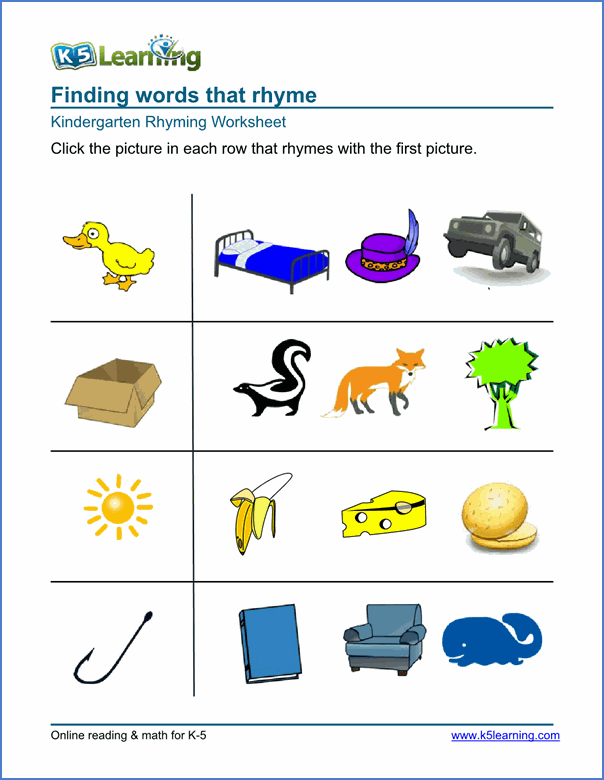
hoodwink
precinct
hyperlink
doublethink
Bennink
Near Rhymes – 2193 rhymes
Words that "almost" rhyme on the vowel-based rhyme sound of the stressed syllable like: be/eat or maybe/shapely.
blinks
brinks
chinks
drinks
fink's
finks
inks
jinx
kinks
link's
links
lynx
minks
pinks
rinks
shrinks
sinks
skinks
sphinx
stinks
thinks
winks
Brink's
Jinks
Jynx
Spinks
- high jinks
- catch forty winks
- forty winks
blinked
linked
winked
distinct
extinct
succinct
indistinct
interlinked
fifth
myth
pith
with
width
forthwith
herewith
Blyth
Frith
Smith
Smyth
Stith
- take the fifth
- agree with
- alive with
- be on the outs with
- bear with
- begin with
- bound up with
- break with
- cast in one's lot with
- cast one's lot with
- charge with
- check with
- chum around with
- come down with
- come out with
- come to grips with
- come up with
- deal with
- do away with
- do with
- done with
- faced with
- fall in with
- fiddle with
- fit in with
- fix someone up with
- friends with
- get away with
- get carried away with
- get in touch with
- get in with
- get involved with
- get something over with
- go all the way with
- go hard with
- go through with
- go with
- have a nodding acquaintance with
- have a way with
- have a word with
- have an affair with
- have done with
- have nothing to do with
- have to do with
- in accordance with
- in cahoots with
- in line with
- in with
- keep in touch with
- keep step with
- keep up with
- leave word with
- level with
- make away with
- make free with
- make haste with
- make it with
- meet up with
- meet with
- mop up the floor with
- out of line with
- over and done with
- over with
- part with
- play around with
- play cat and mouse with
- play hob with
- put up with
- raise havoc with
- reckon with
- room with
- run away with
- saddled with
- shack up with
- shot through with
- side with
- sit up with
- sit with
- sleep with
- spar with
- square oneself with
- stand in with
- stand up with
- stay with
- stick with
- stuck with
- take a hard line with
- take issue with
- take up with
- tamper with
- team up with
- the hell with
- together with
- touch base with
- walk off with
- what with
- wipe the floor with
- wipe up the floor with
- wreak havoc with
"Go Pro" to see the next 83 near rhyme sets.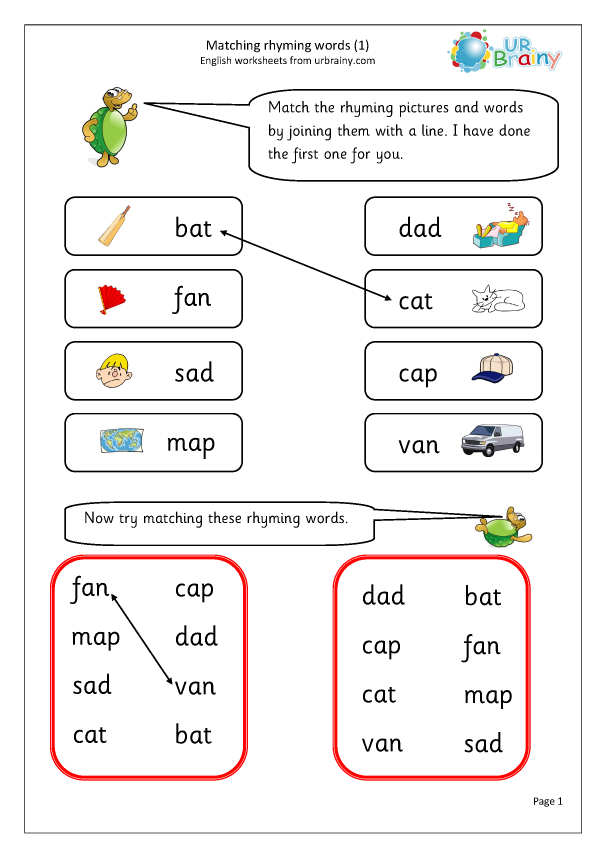
Click here to "Go Pro"
Mosaic Rhymes
Rhymes made up of more than one word. For instance, "jealous" and "tell us" or "shaky" and "make me."
One-syllable words do not have mosaic rhymes.
Rhyme // Varlam Shalamov
Back | Content | Forward
The best rhyme in Pushkin's times was the combination of two nouns. Pushkin was the Russian Adam, as Lunacharsky put it. Poetry at the beginning of Pushkin's activity resembled the situation in modern science, when discoveries are literally waiting for you at every corner, guarded at every step. Something similar happened with the Russian word when Pushkin took up his pen.
What is "discovery"? It means to draw general attention to something that existed before, to something that no one noticed before.
Let's return to Pushkin's rhyme. Rhyming an adjective with an adjective, a noun with a noun, a verb with a verb, Pushkin followed untraveled roads.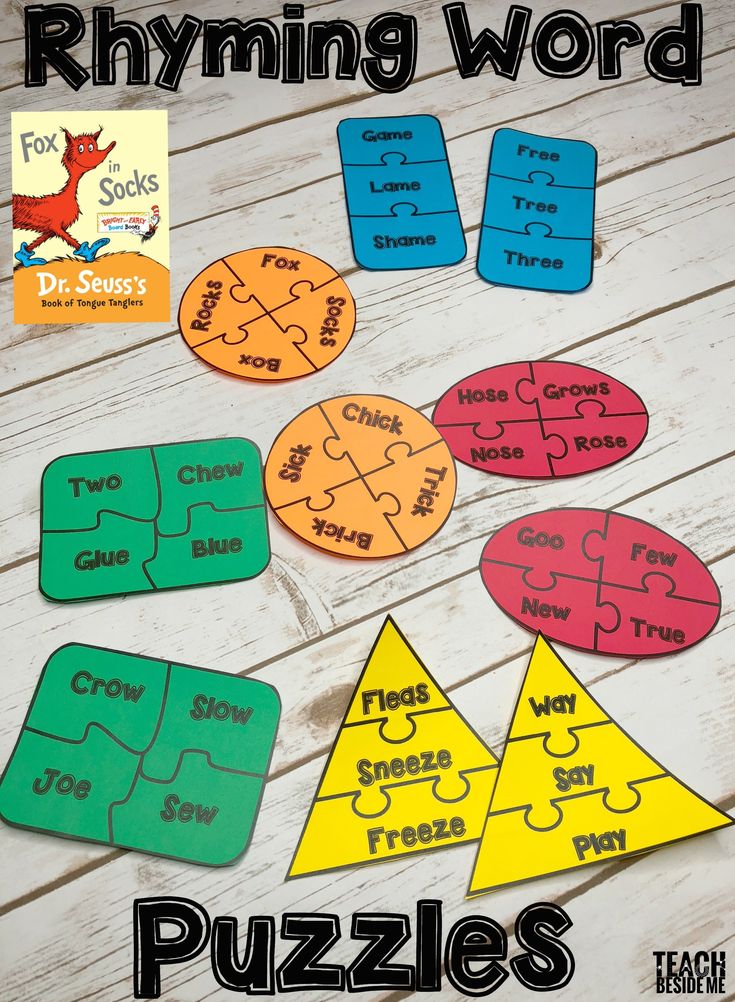
Marshak believes that it is better to rhyme a verb and a noun, that such rhyming, as it were, links together different parts of Russian speech.
It seems to me that thought does not decide anything in the essence of rhyme. Its sound content says that the best rhyme is an adverb and a noun.
Shklovsky is afraid that there won't be enough rhymes. Rhyme is enough. “Blood is love” can be rhymed for many more years. The sound support will remain.
Rhymes are masculine and feminine, dactylic and hyperdactylic, exact and inexact.
In textbooks, a rhyme is called a sound repetition at the end of a line, coinciding with the final pause. All this is so.
But why does a verse need to rhyme?
We are answered: for euphony, to emphasize the rhythmic-musical beginning of poetry, and also so that verses are easier to remember, better to remember.
Is it just for this?
Since childhood, it seemed to me that words have a shape, coloring.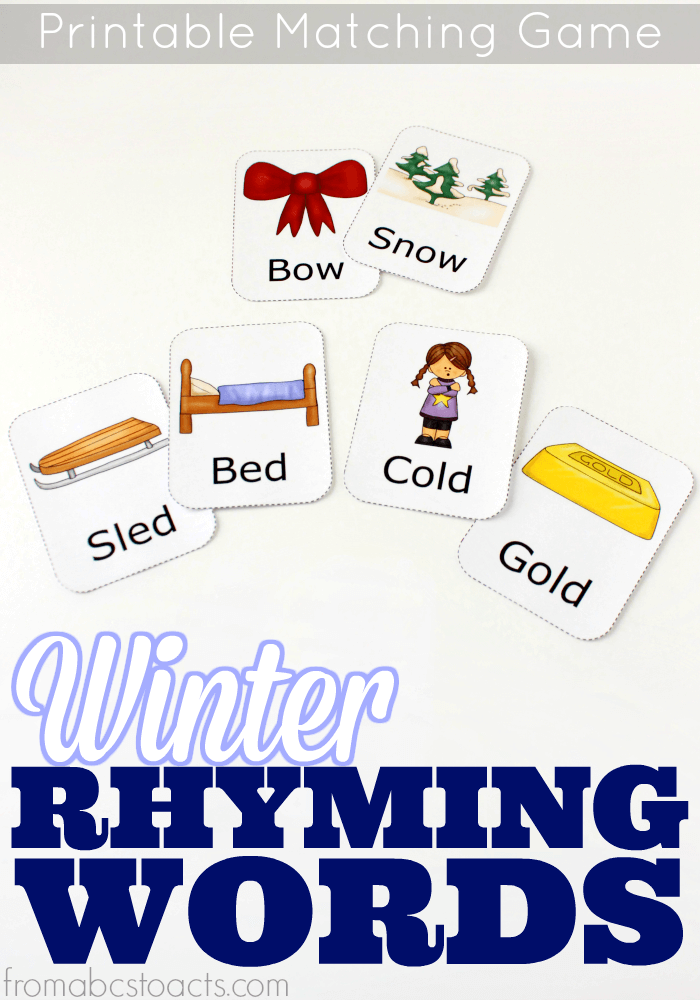 The form depends on vowels, on vowels. In fact, the size of a word depends on the number of syllables determined by vowels - this is true for a first grade student. But form and size are not the same thing. The word "poplar" is clearly different in form from the word "now", although both are of the same size and almost the same color. The color of the word depends on the consonant sounds and is determined by them. Sound repetition can be built on vowels - this is a strengthening in the memory of the form of a word or something else is always present in the poems of a great poet. This is an element of creativity. The pinnacle of Russian poetry, Pushkin's "The Bronze Horseman" is an unsurpassed example of this kind. Pushkin knew everything in poetry.
The form depends on vowels, on vowels. In fact, the size of a word depends on the number of syllables determined by vowels - this is true for a first grade student. But form and size are not the same thing. The word "poplar" is clearly different in form from the word "now", although both are of the same size and almost the same color. The color of the word depends on the consonant sounds and is determined by them. Sound repetition can be built on vowels - this is a strengthening in the memory of the form of a word or something else is always present in the poems of a great poet. This is an element of creativity. The pinnacle of Russian poetry, Pushkin's "The Bronze Horseman" is an unsurpassed example of this kind. Pushkin knew everything in poetry.
Love you Petra creation,
I love your strict, slim look,
Neva sovereign current,
Its coastal granite.
The notorious "root rhymes" (strict - harmonious) are placed, as it should be a sound repetition of this kind, inside the line.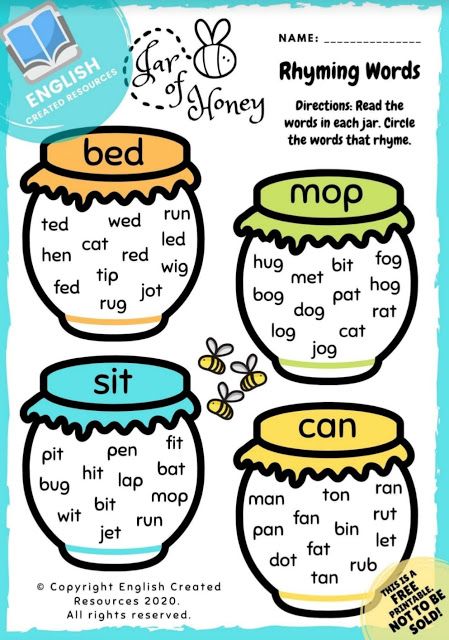 Sound coloring (variations of consonant letters) is perfect.
Sound coloring (variations of consonant letters) is perfect.
Pushkin's rhyme (verbs with verbs, nouns with nouns) outlines the linguistic boundaries of Russian poetry, outlines its boundaries. The poets of Pushkin's and post-Pushkin's times follow this rhyme. Time shows the need for some amendments to Pushkin's canons of rhyme, namely, a greater sound correspondence of rhyming words - in their literary, i.e. Moscow pronunciation. This work is being done by Alexei Konstantinovich Tolstoy. He, like Chekhov, does not have critical articles, but there are numerous letters where a new theory of rhyme is substantiated.
Classical Russian rhyme, full rhyme, is used by all our great poets - Pushkin, Lermontov, Tyutchev, Baratynsky, Nekrasov, Blok, Tsvetaeva, Mandelstam, Tvardovsky. Pasternak, Mayakovsky and Yesenin will be discussed in due course.
The possibilities of Russian rhyme are inexhaustible, and it is a thankless task to take on the destruction of "local words".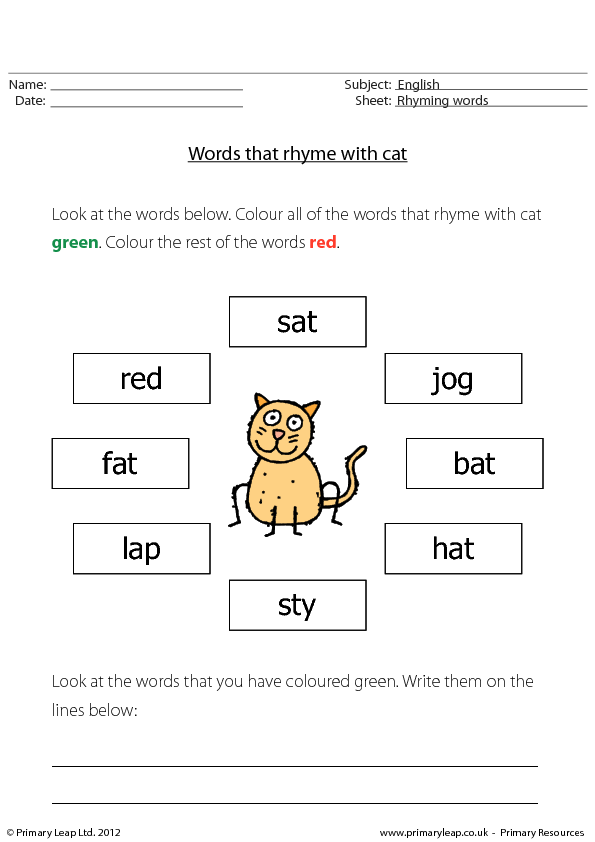 Modern Russian rhyme is a bond, a combination of various parts of speech, it is a constructive element of the language in the struggle against idle talk, with verbal sloppiness for laconicism, for the accuracy of poetic speech. "Noun - verb", "participle - verb", "adjective - noun", "adverb - verb", "adverb - noun" - all these are the combination of language elements in Russian versification.
Modern Russian rhyme is a bond, a combination of various parts of speech, it is a constructive element of the language in the struggle against idle talk, with verbal sloppiness for laconicism, for the accuracy of poetic speech. "Noun - verb", "participle - verb", "adjective - noun", "adverb - verb", "adverb - noun" - all these are the combination of language elements in Russian versification.
Insufficiently literate young poets, discoverers of the long-discovered Americas, inspired by poorly literate critics, spend time, both their own and the reader's, glorifying lifeless literary forms, for the sake of innovation at all costs. What is offered (a root rhyme or typographical dots instead of words by Sapgir) is false innovation, the reason for this is either ignorance, or literary adventurism. "Root rhyme" - an ordinary sound coloring of a word (kind - long), appropriate in the middle of a word. As a "word of mouth" it is negligence, slovenliness, sound lameness ...
As for Sapgir's "poetry", Alexey Nikolaevich Chicherin, the leader of the "nichevoks" of the 1920s, now alive, could tell something about "poetry" of this kind.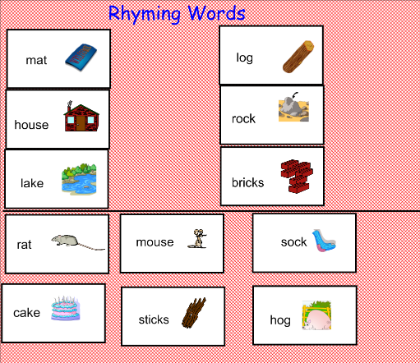
It is quite characteristic that young poets and poetesses concentrated their efforts on the destruction of rhyme, posing as innovators and seekers of the simplest element of a line and stanza. Their quest does not concern more complex issues - intonation, metaphor, image.
But rhyme is only a tool with which a poem is created, a search tool for a poet...
And assonances, like sabers,
Chopped rhyme hastily[1].
This is a Northerner.
Historically, assonance precedes rhyme. Poetic lines, more interconnected by assonances, go back to the deep antiquity of both literary and folk speech. Rhyme appears for the first time among medieval troubadours. Since the time of Otfried Weissenburg [2], rhyme has been gradually strengthening, opening up more and more new roads of verse. We do not need to pay attention to Western fashions, to the destruction of poetry. Classical Russian poetic meters - iambic, trochee - have not exhausted even a thousandth of their capabilities.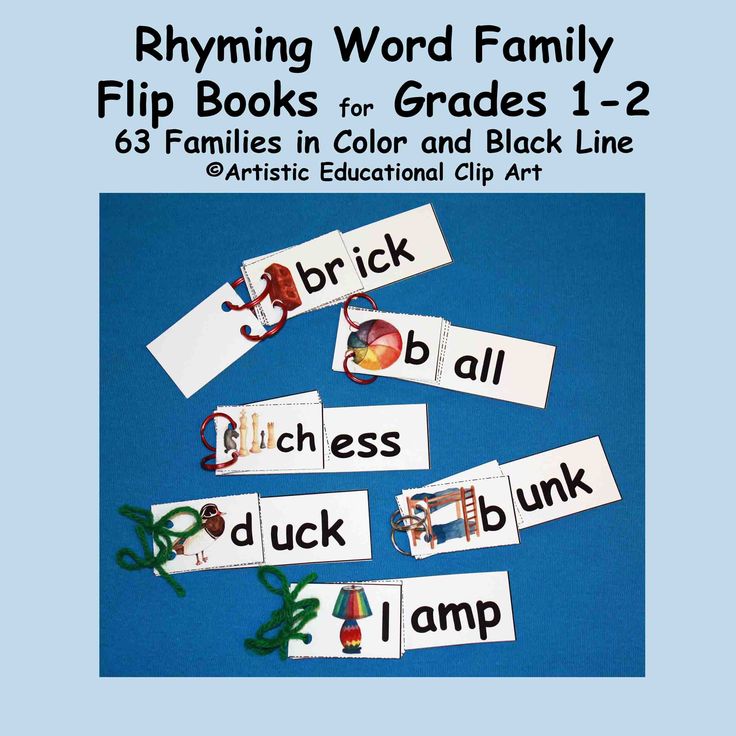 Are Pasternak's iambs similar to Pushkin's iambs? Aren't Mandelstam's iambs discoveries? Is Akhmatova repeating anyone? (except Mikhail Kuzmin).
Are Pasternak's iambs similar to Pushkin's iambs? Aren't Mandelstam's iambs discoveries? Is Akhmatova repeating anyone? (except Mikhail Kuzmin).
There is no need to return to assonance - this is a stage passed a long time ago.
The creative process consists more in discarding the unnecessary, insufficiently true, unreliable, not bright enough, than in searching. To create each stanza, the world instantly, or almost instantly, substitutes for the poet tens, hundreds of pictures of the past, present, future, and from this great multitude, brought into the creation of the poet by rhyme, some of the observations, knowledge, illustrations are discarded or recorded ... freely trusting the rhyme, sound repetition, the poet, not yet fixed on paper, meets with dozens of directions. Somewhere deep in the mind, a mood of a certain strength and tone is hidden, some main idea is hidden, a theme that seeks its expression in yet unwritten verses. Sometimes this sound work prompts new thoughts, leads away from the supposedly conceived.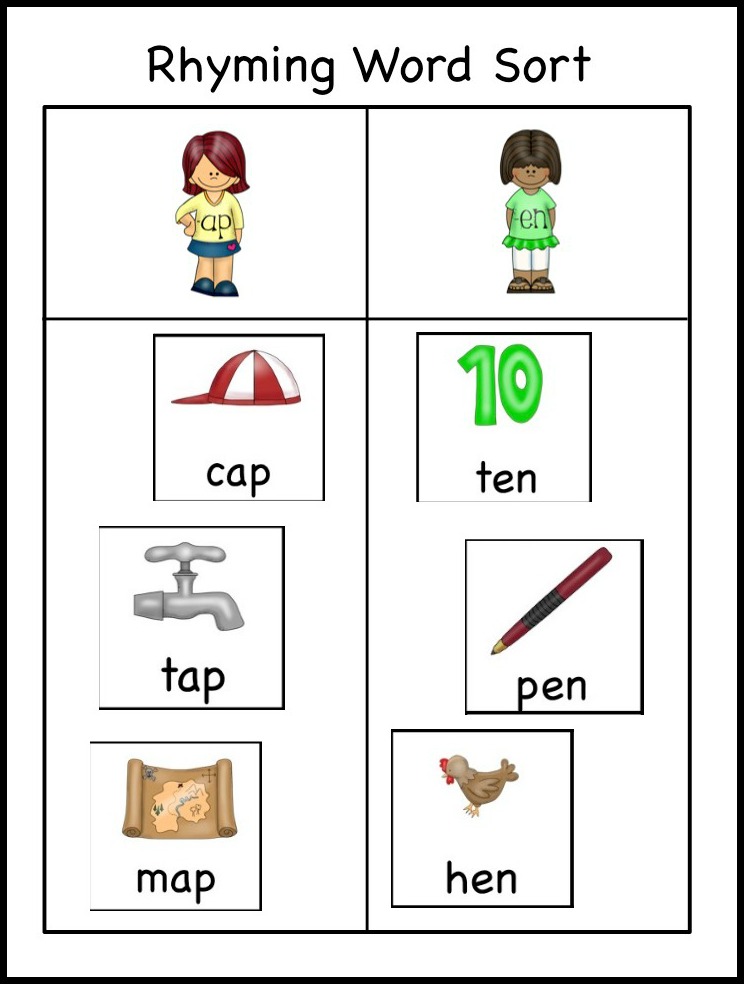 Sometimes novelty is limited only to trifles, touches, but it also happens that a poem is a discovery, a find, born without a preliminary plan.
Sometimes novelty is limited only to trifles, touches, but it also happens that a poem is a discovery, a find, born without a preliminary plan.
The stanzas not yet written down come under the control of thought. Thought vigorously selects the best, most expressive, and here a variant of the poem is written down. Thought can hardly keep up with the flow, driven by rhyme, alliteration, associations of every possible kind.
Work begins on the first version, finishing it is no less stressful work than the first part of the creative process. Here the main idea for which the poem was written comes to the fore. In accordance with this main idea, the poem is rebuilt, the order of stanzas is determined, rhymes and metaphors are honed or replaced. The poem is brought into full compliance with the rules of the Russian language.
Work on a poem can take an indefinitely long time. From time to time you can return to it, all the time clarifying, wanting to improve the text.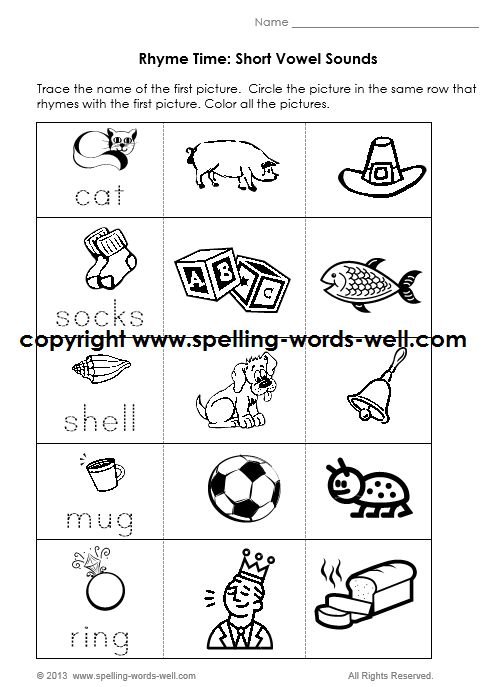 There are no perfect poems. Any poem is just the best version of what is intended, what the poet wanted to say.
There are no perfect poems. Any poem is just the best version of what is intended, what the poet wanted to say.
Mikhail Kuzmin remarked that "the first line of a poem is its last line", the ending for which the poem was written. There is a lot of truth in this. Such are the majority of Tyutchev's poems, Tsvetaeva's poems, Kuzmin's own poems, some of Mayakovsky's poems.
There is another observation related to Kuzmin's remark. It is almost always possible to guess (in a short poem, lines 16-20) from Pushkin, from Lermontov, from Blok - from any major poet (the less talent, the easier it is to do what is being said) - which quatrain was written first, which one appeared on paper before others.
There is another circumstance that is important in the process of creating a poem. Every literate person carries in his memory a large number of all sorts of poems that are stored somewhere deep in the brain and remind of themselves in rhythm, passages, lines, moods.
Human feeling seeks expression and finds it in the poet's verses that remain in his memory; there is, as it were, a discharge of mood, feelings into other people's verses. These other people's poems are remembered or re-read, repeated many times and give vent to the mood. And when no "suitable" verses are remembered, when the feeling does not find a way out in familiar texts, not finding correspondence, reassurance in them - then one's own verses are written. And in this case, a magnetic search tool - rhyme moves the layers of events, impressions.
And one more thing: in every poem of every poet there is some novelty, a find. The poem was not written because of this novelty, but without it it would have lost its meaning. In each, even a small poem, some technical task is also posed, no matter how naive it may be. Derzhavin wrote a number of poems without the letter "p". There is always a desire to introduce into poetry a word that has never been in poetry, to put some big word in a line, which even in ordinary speech seems clumsy, angular, but enters the poem unexpectedly freely.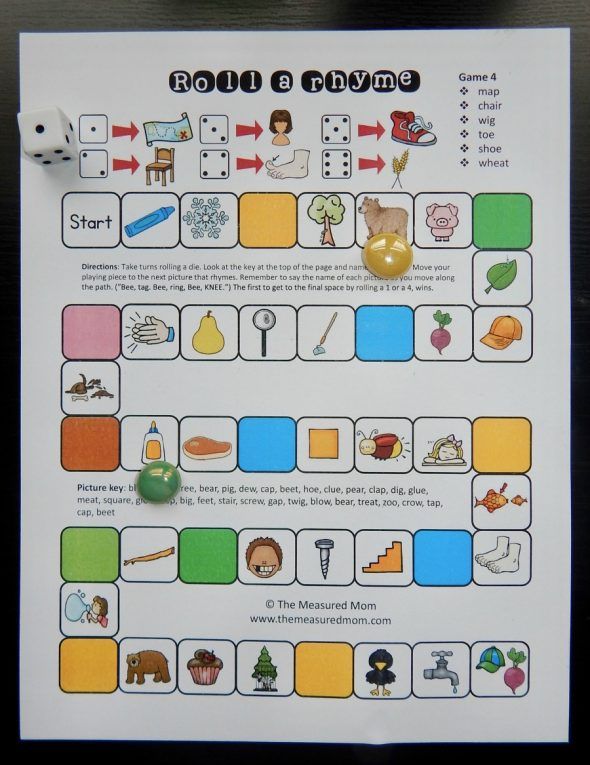 For example, "obstetrician". I would like to see in my own stanza "a dance of strange names, which is gratifying for the heart", to write myself - "The Choctos and Comanche Blackfoot and Peru, Delaware and Mogeki" [3].
For example, "obstetrician". I would like to see in my own stanza "a dance of strange names, which is gratifying for the heart", to write myself - "The Choctos and Comanche Blackfoot and Peru, Delaware and Mogeki" [3].
And this “playful” side of the matter is also involved in the creation of a line of poetry.
But there is no time for jokes when the poet feels that something important, very important, extremely important has been found, that it is not worth continuing further search, that although the rhyme would need to be improved, any further work on it will worsen the main idea, the main tone , the main feeling that dictated the poem.
And Blok leaves in the stanza, and, it would seem, mediocre, dubious rhymes -
Born in deaf years
The paths do not remember their own.
We, the children, of the terrible years of Russia,
Nothing can be forgotten.
No reader, no listener, notices the rhyme here. Such is the expressiveness, the power of the poem.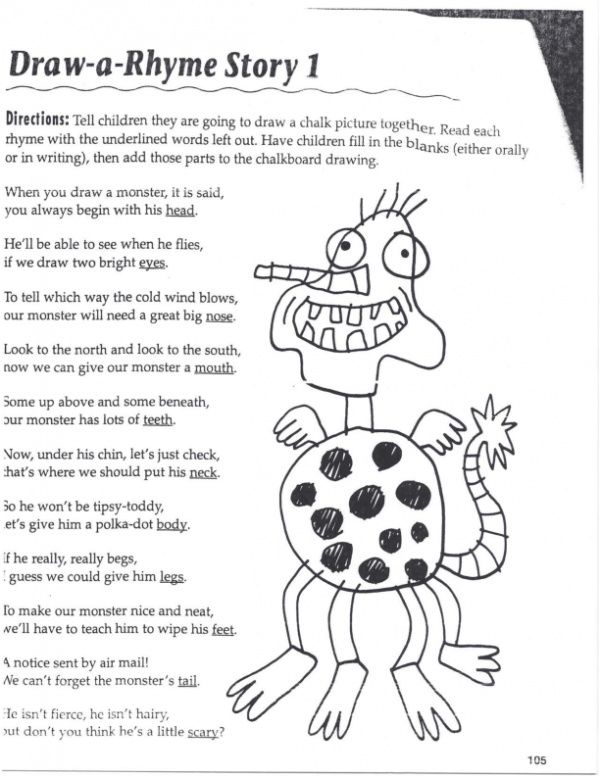
Here, the expressiveness of the verse is achieved by rhyme, but not in its mnemonic quality and not by the euphony of "local words". The rhyme, having served its purpose, played its role as a search tool and was pushed aside.
Blok, and not only Blok, has many such examples. Surprisingly, it turns out that Blok, in his strongest stanzas, did not sufficiently polish the "local lore" proper.
Russia, impoverished Russia,
I need your gray huts,
Your wind songs for me -
Like the first tears of love.
Let me give you one more extract - from a letter from A.K. Tolstoy[4], dated 1871.
From a letter (Dresden)
...let's talk about art...
... I sometimes write bad rhymes, but not bad poetry. I write bad rhymes deliberately in those poems where I consider myself entitled to be sloppy, but only in relation to rhyme. I never consider myself entitled to write a bad verse...
You see, about rhyme, I'll make you a comparison instead of a dissertation.
There is a painting that requires the steady precision of lines - this is in historical paintings. Umbrian, Florentine, even Venetian. There is another kind of painting, where colors are the main thing, but lines are not on ceremony. These are Rubens, Rembrandt, Ruisdael and other Flemings or Dutch. And now, horribile olictu (it's terrible to say), these last paintings would be lost if the line in them were inexorably correct. So, if I paint a picture of large dimensions and with a claim to seriousness, I agree with you that I should be strict about rhyme: but if I write a ballad or other poem in which the impression, i.e., color, paint, - the main thing is that I can casually treat the rhyme, but, of course, do not overdo it and do not rhyme WEDDING with LOCUST ...
if you want, take an example in poetry. Take Goethe in the Gretchen scene in front of the icon:
is there anything worse than rhymes in this magnificent prayer? This is the only thing in the sense of naivete and truth! But try to correct the texture, give it more regularity, more grace, and everything will be spoiled.
Do you think that Goethe could not have written better poetry? - He DID NOT WANT, and then he proved his amazing poetic flair. There are some things that need to be carved; there are others who have the right and even the duty NOT to be trimmed for fear of appearing cold. In the German and English languages, the irregularity of rhyme is allowed, as well as verse; in Russian, only incorrect rhyme is allowed. This is his only opportunity in poetry to appear in a negligee.
In conclusion, I would like to say that I am thinking of acting in the spirit of the Russian language, remaining unshakable in relation to verse and ALLOWING ONE SOMETIMES some free attitude towards rhyme. It's a matter of intuition and tact."
Observations by A.K. Tolstoy are true and not a bit outdated to this day.
Blok, just like Goethe, DID NOT WANT that an excessively sonorous rhyme that attracts attention would interfere with the main thing - that which had already entered the verses .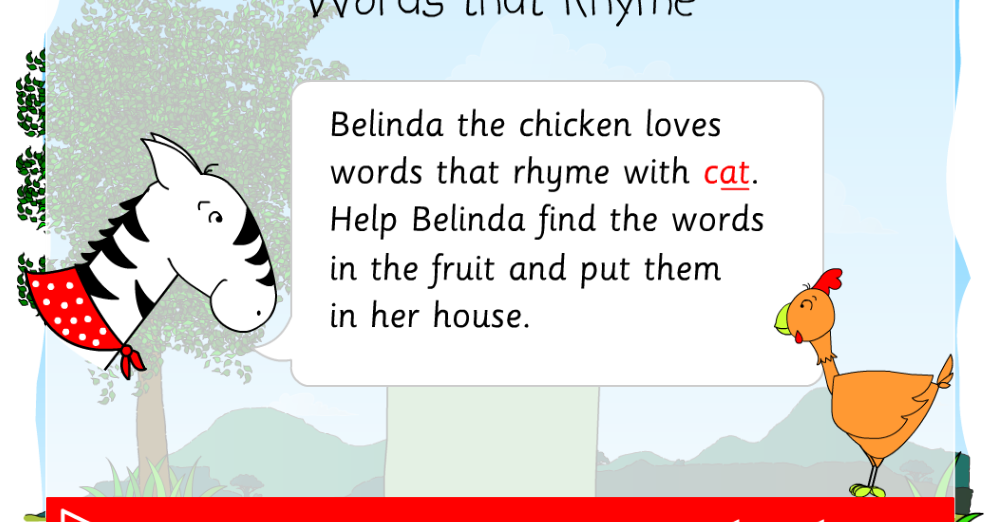 ..
..
Pushkin's rhyme is a complete rhyme. But this is an "eye" rhyme. It is not meant to be read aloud. This was shown by Kruchenykh in the twenties in the well-known work "500 new witticisms and puns of Pushkin." But 50 years before Kruchenykh, Alexei Konstantinovich Tolstoy pointed out the need to organize rhyme associated with the sound of a word.
These remarks remain in full force to this day. The beginning of the twentieth century in Russian poetry paid much attention to the issues of rhyme. The euphony, melodiousness, musicality of a poetic line, achieved by full rhyme, find the most vivid expression in Balmont's poems.
I love forest herbs
Fragrant.
Kissing and fun
Non-refundable.
Balmont, despite his talent, still did not have sufficient poetic taste.
Evening. Seaside. Sighs of the wind.
The majestic cry of the waves.
The storm is close, the shore beats
Uncharmed black boat.
This is, of course, artificial, foreign to poetry.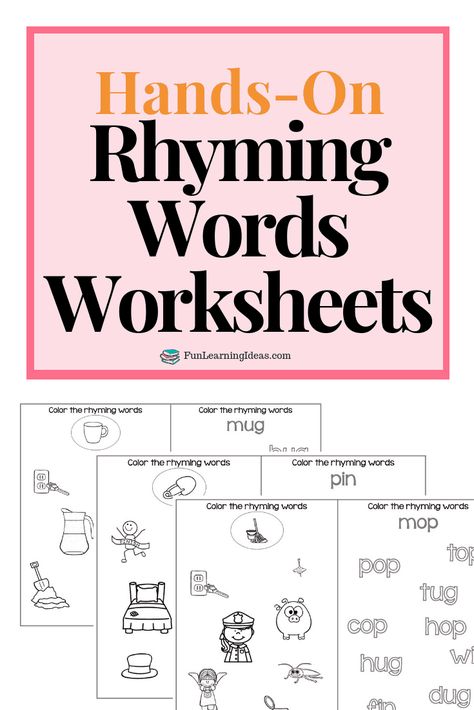
Be that as it may, Balmont was the main exponent of rhyme - melodiousness, harmonious stanza.
In the fight against Balmontov's rhyme, Mayakovsky's rhyme arose - a typical example of the assertion of the mnemonic role of rhyme.
Speaking our way -
rhyme - barrel,
Barrel with dynamite.
Line - wick,
The line will smoke,
The line explodes,
And city
For air
The stanza flies.
Where can you find -
At what tariff
Rhymes,
To kill, aiming?
Maybe
Heel
Incredible rhymes
Only remained,
What's in Venezuela[5].
Both Mayakovsky's book "How to Make Poems" and Aseev's article "Our Rhyme" treated the issue of rhyme as novelty, unusualness in the same way - finding this unusualness in compound rhyme or in exercises like "electric", "draw".
Young Lefites even engaged in rhyme blanks and supplied their older comrades with them.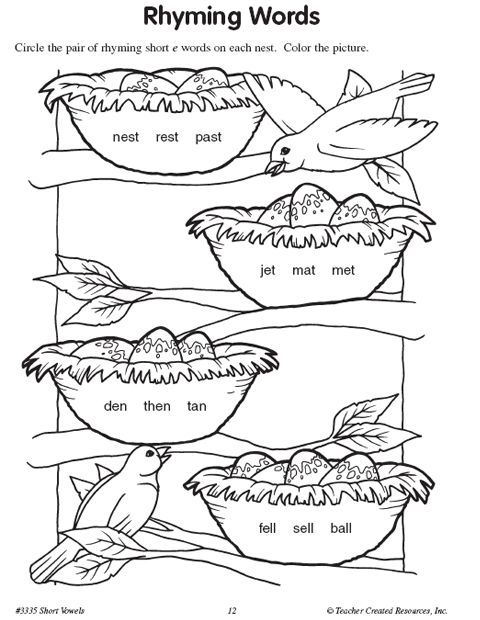
The preparation of rhymes, about which Mayakovsky was so baked, pursued the goal of striking the reader's ear, getting into the reader's memory with the help of an extraordinary phrase, unprecedented rhymes.
Speaking your way,
Rhyme - bill,
Learn through the line! - here is the order,
And looking for
Little suffixes and inflections
In an empty box office
Declensions and conjugations.
“Be sure to try to rhyme an important, basic word,” wrote Mayakovsky.
It is in the mnemonic qualities of rhyme that Mayakovsky sees the main thing. Hence the demand for novelty, extraordinaryness, hence the work on the compound rhyme.
Much attention is paid to rhyme, although it does not participate in the creation of a poem, but is used from “blanks”.
There is a struggle between the melodious beginning and the mnemonic beginning of the rhyme. Full rhyme, melodiousness wins. Mayakovsky is replaced not by Selvinsky, but by Tvardovsky.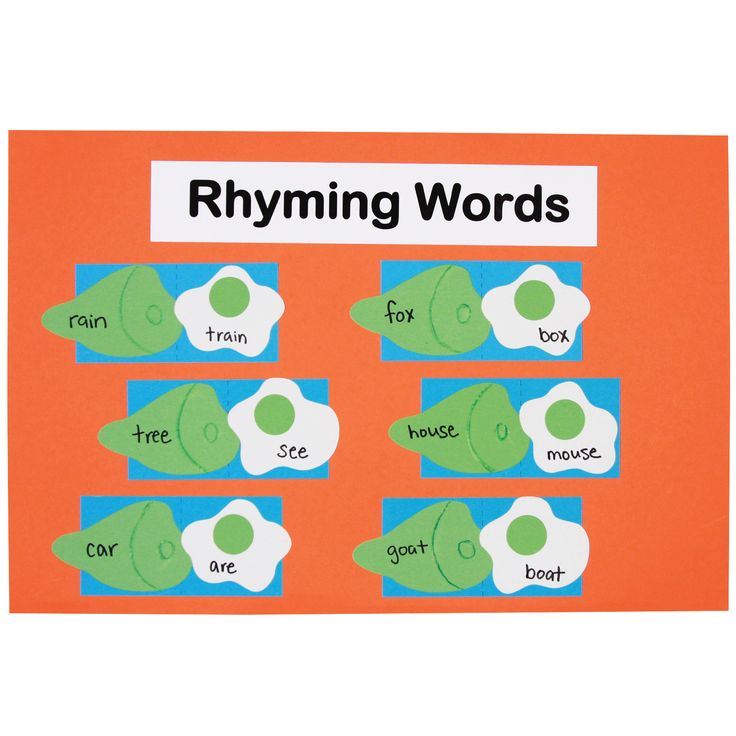
In the tenth and twenties, they broke the line and rhyme in all available ways - from “phrasers” to “nichevoks”, from imaginists to original phrase-mongers. Sapgir's poems are strangely reminiscent of the entertainments of Aleksey Nikolaevich Chicherin, the leader of the Nichevoks.
Alexander Blok had a completely different understanding of rhyme than that of Balmont and Mayakovsky. Here is a perfection of a different kind than the pursuit of melodiousness or the desire to achieve rhyme so that the verses are remembered. Here comes the third principle of rhyme, its third meaning. Rhyme serves Blok only as a search tool. After the best, most expressive option is found, the semantic line is taken under control and Blok is sure that the semantic side of the matter is expressed here in the best way - he stops searching not for rhyme, but for that content, that world that rhyme attracted to his poem.
Found the significance, expressiveness of a stanza or a poem as a whole (with the help of rhyme), more than the best rhyme “found in Venezuela” is worth.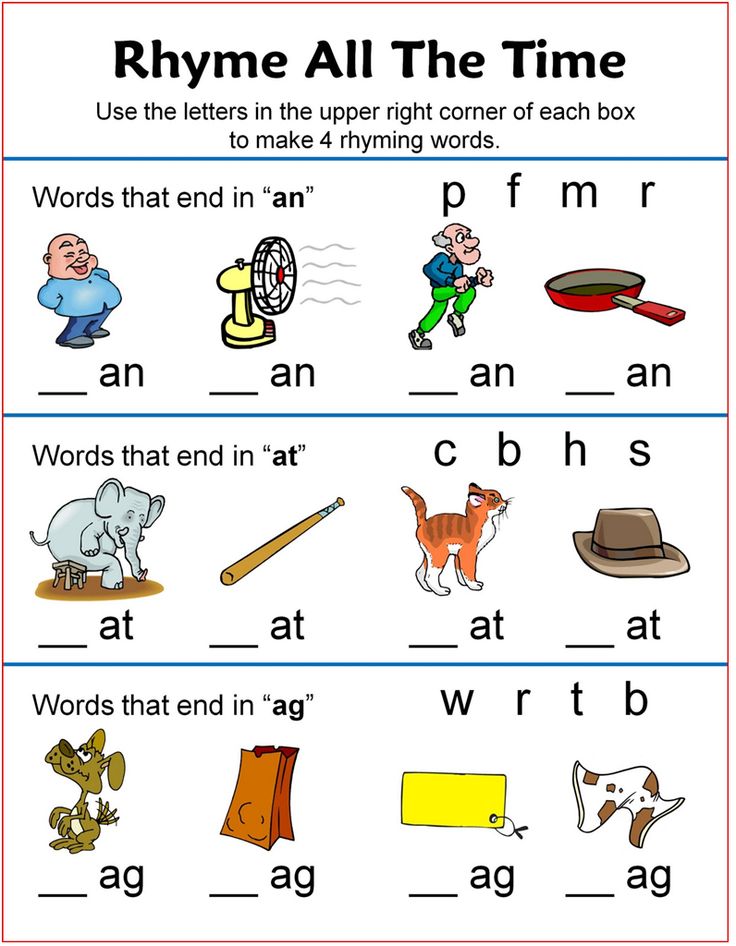
Rhyme has fulfilled its purpose, its service, and stepped aside, this is not rhyme for the sake of rhyme, but only a search magnet of the poetic world.
Such is the third meaning of rhyme, about which literary scholars write little, and which nevertheless retains all its objective force.
One can also refer to Byron, who called rhyme a steamboat that takes the poet against his will in the other direction.
Keys:
Into your furious mind, into your multi-stringed language
I penetrated like a bee-rhyme like a beehive[6].
Shalamov V.T. Collected Works: In 6 vol. + vol. 7, add. T. 5.: Poems. / Comp., prepared. text, eg. I.P. Sirotinsky. Moscow: Knigovek Klub Klugovek, 2013, pp. 38-47.
Name index: Aseev, Nikolai Nikolaevich, byron, Balmont, Konstantin Dmitrievich, Baratynsky, Evgeny Abramovich, Block, Alexander Alexandrovich Bunin, Ivan Alekseevich, Yesenin S.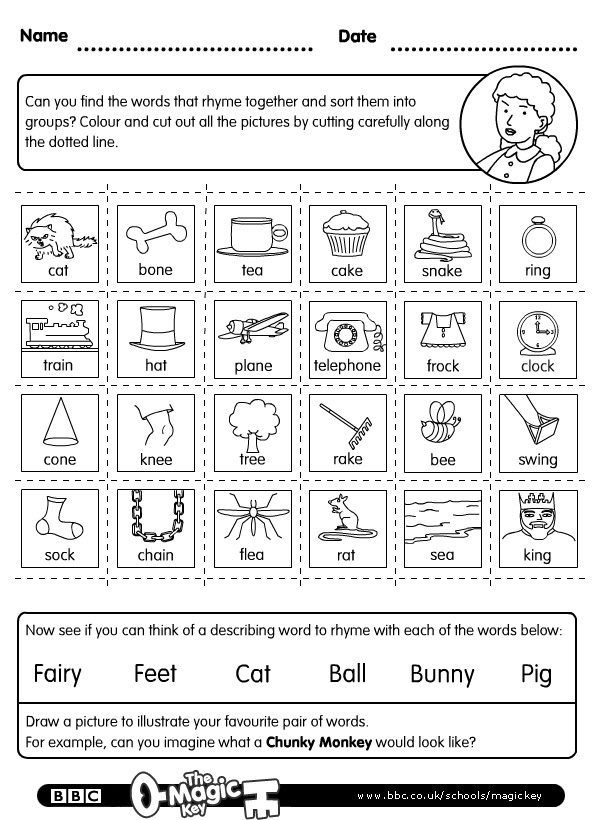 A., Klyuev, Nikolai Alekseevich, Lunacharsky, Anatoly Vasilievich, Mandelstam O.E., Marshak S.Ya., Mayakovsky V.V., Nekrasov N.A., Otfried of Weissenburg, Pasternak B.L., Peter I Pushkin A.S., Sapgir G.V., Severyanin I., Tvardovsky, Alexander Trifonovich, Tolstoy A.K., Tyutchev F.I., Tsvetaeva Marina Ivanovna Chicherin A.N. , Shklovsky V.B.
A., Klyuev, Nikolai Alekseevich, Lunacharsky, Anatoly Vasilievich, Mandelstam O.E., Marshak S.Ya., Mayakovsky V.V., Nekrasov N.A., Otfried of Weissenburg, Pasternak B.L., Peter I Pushkin A.S., Sapgir G.V., Severyanin I., Tvardovsky, Alexander Trifonovich, Tolstoy A.K., Tyutchev F.I., Tsvetaeva Marina Ivanovna Chicherin A.N. , Shklovsky V.B.
Back | Content | Forward
- 1. Severyanin I. “Prologue of Egofuturism”.
- 2. Otfried of Weissenburg - German poet of the 9th century, author of the "Gospel Harmony".
- 3. Longfellow Henry Walsworth (1807–1882), The Song of Hiawatha, translated by I. Bunin.
- 4. Tolstoy Alexey Konstantinovich.
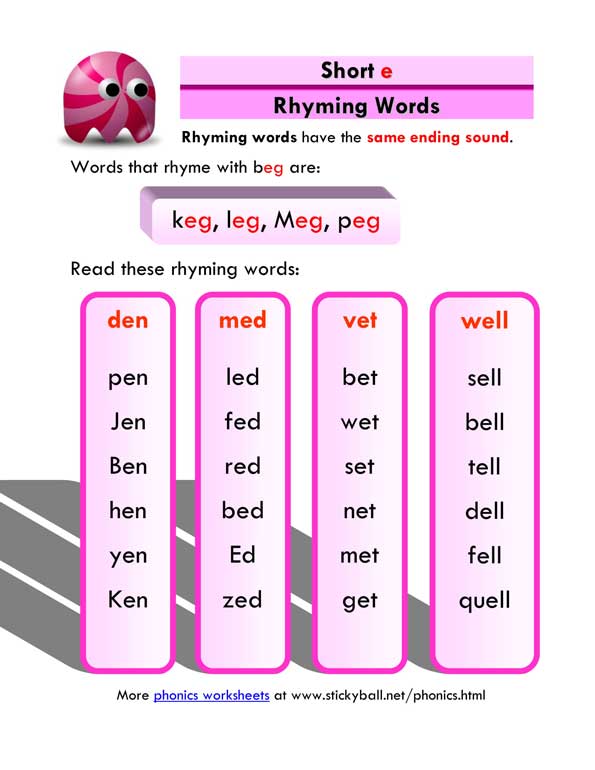 From a letter to B.M. Markevich December 8(20), 1871 (S.S.M. 1969. Vol. 4. P. 375–377).
From a letter to B.M. Markevich December 8(20), 1871 (S.S.M. 1969. Vol. 4. P. 375–377). - 5. Mayakovsky V. "A conversation with the financial inspector about poetry."
- 6. Klyuev N. "Copper Horse".
All rights to distribute and use Varlam's works Shalamov belongs to A.L. Rigosik, the rights to all other materials site belong to the authors of the texts and the editors of the site shalamov.ru. Usage materials is possible only upon agreement with the editors of [email protected]. Site created in 2008-2009gg. funded by the grant of the Russian Humanitarian Foundation No. 08-03-12112v.
SOUNDS, RHYMS, FORMS... | Science and Life
Nikolai Shulgovsky (on the right, penultimate in the first row) - student of St. Petersburg University, 1908 (published for the first time).
View full size
‹
›
Rhymes, that is, consonant endings of words, play an important role in versification.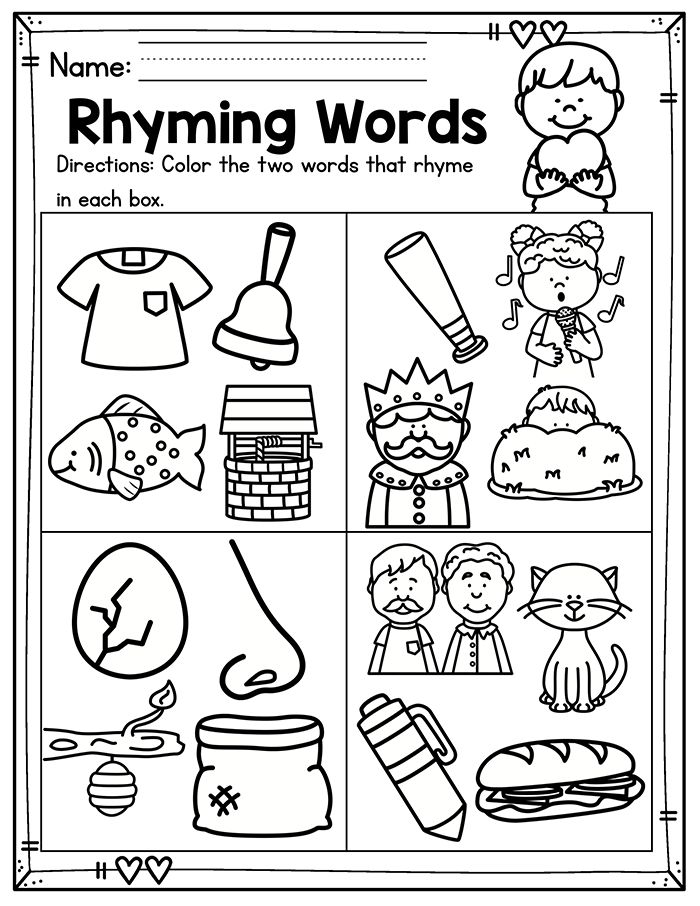 Rhyme is an important formative element in verse and its special sound beauty. In addition, the sounds of speech themselves play an important role in the poem, for example, to depict some sound phenomenon in life and nature. There are even special (onomatopoeic) words that either literally imitate the natural phenomena they denote by sounds, or express them conditionally. The first group includes such words as, for example, buzz, whistle, whistle, crunch, crunch, howl, howl, etc. The second group includes conditional ones, for example: ah! Alas! Oh oh oh! ouch! Oh! ha, ha, ha! hee, hee! ding, ding, ding! etc., similar to exclamations issued by people on appropriate occasions, or to the sounds of known objects.
Rhyme is an important formative element in verse and its special sound beauty. In addition, the sounds of speech themselves play an important role in the poem, for example, to depict some sound phenomenon in life and nature. There are even special (onomatopoeic) words that either literally imitate the natural phenomena they denote by sounds, or express them conditionally. The first group includes such words as, for example, buzz, whistle, whistle, crunch, crunch, howl, howl, etc. The second group includes conditional ones, for example: ah! Alas! Oh oh oh! ouch! Oh! ha, ha, ha! hee, hee! ding, ding, ding! etc., similar to exclamations issued by people on appropriate occasions, or to the sounds of known objects.
But, in addition to special words and by combining ordinary ones, such combinations of sounds can be obtained that more or less closely express any natural sounds.
Of course, in verse it is necessary to avoid ugly, any whistling, hissing, etc. consonances. It would be strange if a verse declaring love were built on a whistle or a buzz, or a poem depicting evening calm would be full of growling sounds.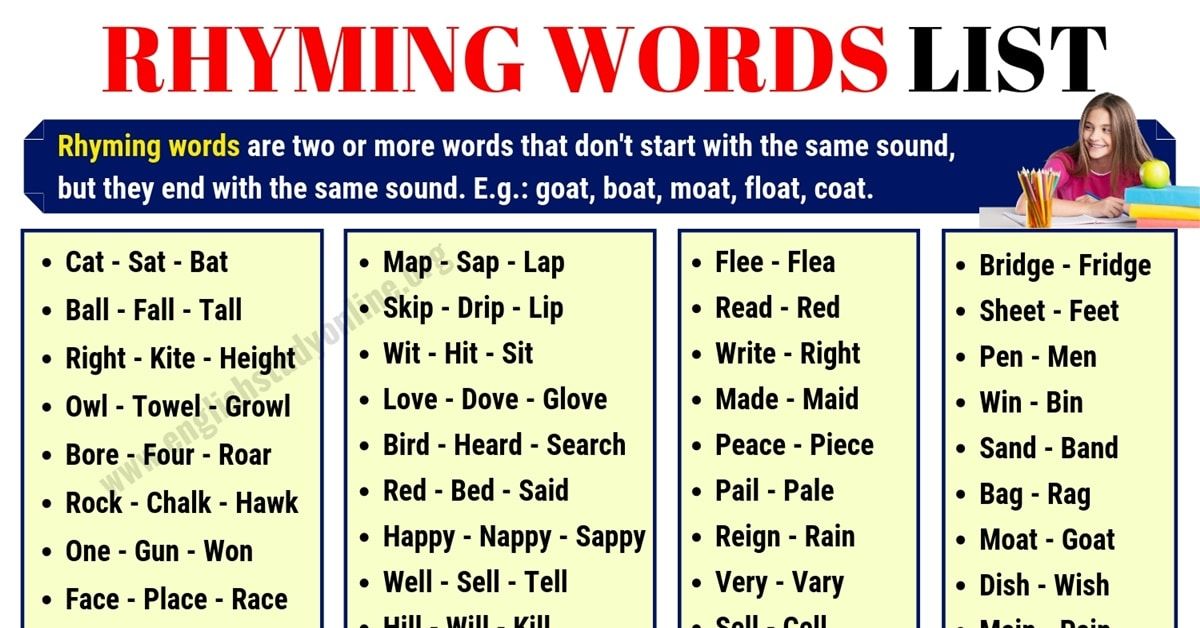 When this is done by accident, through an oversight, then this is a mistake in the verse. But sometimes a "mistake" can be - under special conditions and with a special plan - turned, on the contrary, into a virtue. Some ugly and unacceptable combinations of sounds in a verse can sometimes be used as a special artistic device. This is the case with onomatopoeia . It is often found in high poetry, for example:
When this is done by accident, through an oversight, then this is a mistake in the verse. But sometimes a "mistake" can be - under special conditions and with a special plan - turned, on the contrary, into a virtue. Some ugly and unacceptable combinations of sounds in a verse can sometimes be used as a special artistic device. This is the case with onomatopoeia . It is often found in high poetry, for example:
1) In the sounds of verse - Alexander Sumarokov's frogs croak like this:
Oh, how, oh, how can we not speak to you, to you, gods!
Fyodor Tyutchev writes that the storm "lashes, whistles and roars."
2) In the very rhythm of the verse - the speed of horse running is conveyed in the poem by Leonid Semenov:
We raced on horseback,
The wind tore and metal,
Played in horse manes,
Flooded in deserted fields.
3) The same run in the poem by Konstantin Balmont:
Red horses, red horses,
red horses are my horses.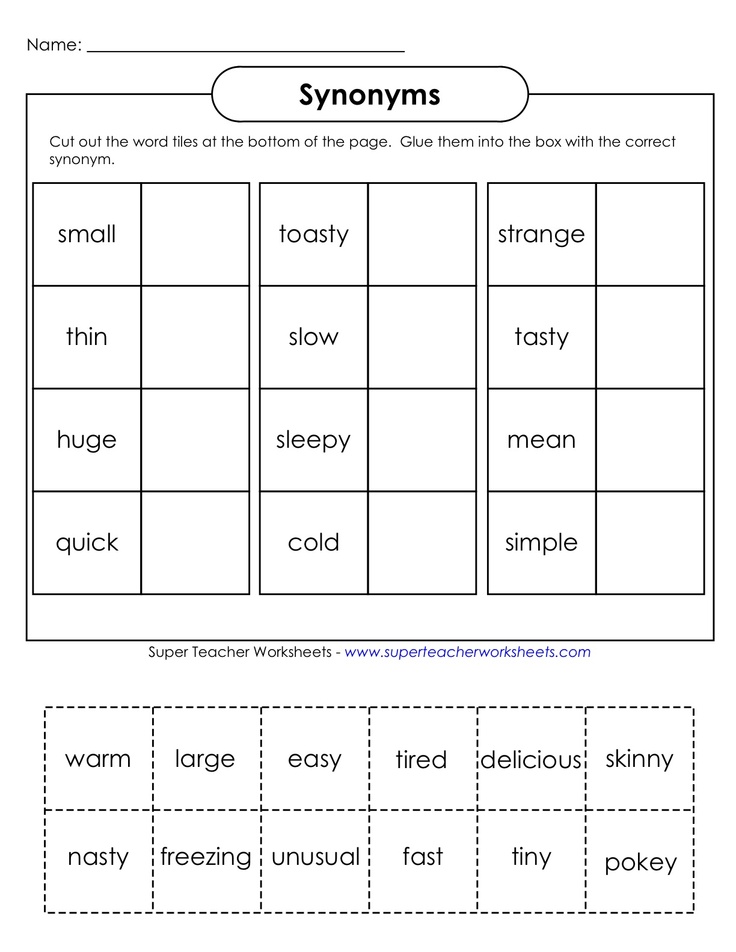
Their manes are bright, their twists curl,
fiery explosions, neighing in oblivion...
Ivan Krylov with the following viscous dimensions conveys the slowness of the movement of a large heavy carriage:
In July, in the heat, at midday
Loose sands, uphill
With luggage and with a family of nobles
Four sobs dragged along.
The poetic effect for the listener and reader can be enhanced not only by onomatopoeia, but also by playing rhymes. In this case, rhymes consist of two or more words. At one time, Dmitry Minaev was famous for such rhymes:
Your poems, though strong odor,
But the general oblivion is their fate.
Of course, both with onomatopoeia and with the game of rhymes, the poem must be constructed in such a way that the connection in rhymes is interesting, and the meaning can be comical.
Often poets create verses of the so-called enigmatic form : acrostic, mesostich, tautogram and others.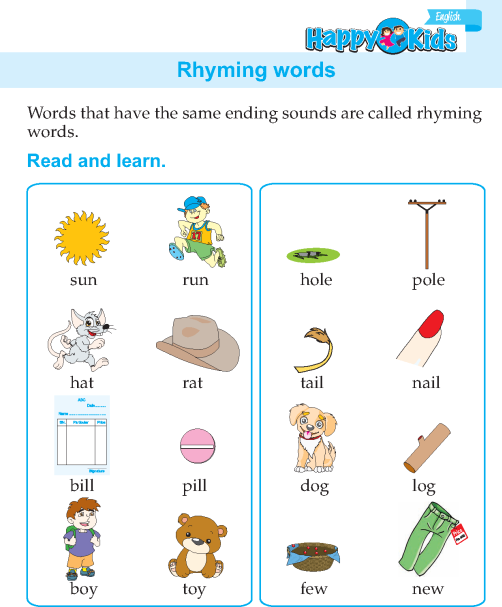
In acrostic the riddle of the writer is solved by reading the words from the first letters of the poetic lines.
In mesostih the letters that make up the "mysterious" word are lined up in the middle of the poem.
In tautogram (another name is anaphora), all words begin with the same letter:
Lazy years are easy to caress,
I love purple meadows,
I catch left-handed glee,
I catch fragile legends.
Radiant linen lovingly sculpts
Azure caressing forests.
I love crafty lilies babble,
Flying incense petals.
V. Smirensky
Poeters manage to compose verses containing a sequence of words, the initial letters of which make up the alphabet, or verses devoid of any particular letter or several letters.
The listed techniques are poetic tricks. However, there are more complex poetic tricks, where the whole hidden essence of the poem is based on the special construction of the verse and even the whole poem. Such poetic constructions include hidden verses (crypt verses, or piecewise verses) and palindromes.
The cryptic verses (from the Greek "crypto" - I hide) are extremely difficult to perform. These are peculiar mysterious poems, which are an interesting form of poetic cryptography. In them, one must immediately embrace the entire given verse and both of its halves with consciousness. Thought spreads both horizontally and vertically, and care must be taken that, on the whole, its insidious parts are completely invisible at first sight, so that the whole poem has its own integral meaning, and each of its parts, both left and right, would have its own meaning.
Let's illustrate this with an example - read a touching declaration of love:
I promised to keep lovingly "yes" forever...
Can I now live alone in the world?
I will never be a heartless coquette.
Loving you, believe me, is fun to drink to the bottom!
An enthusiastic lucky man in ecstasy rushes to share his joy with a loved one, from whom he has no secrets.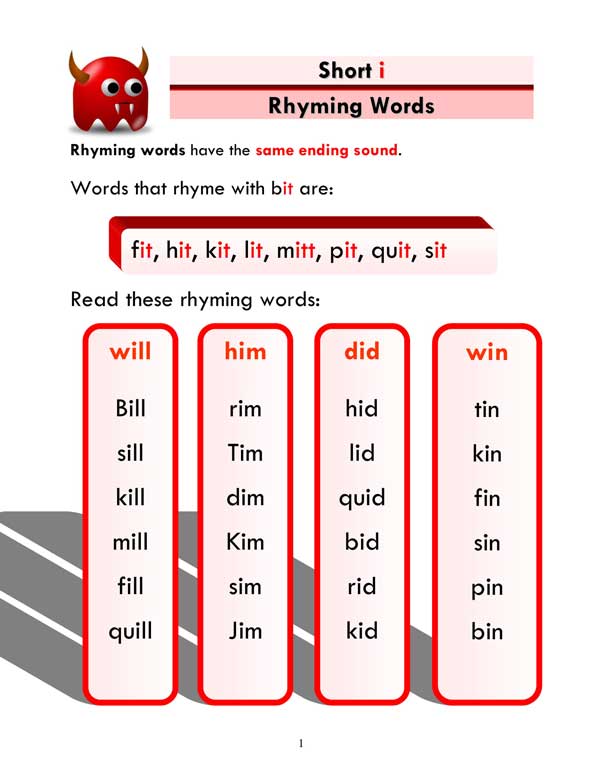 But this man is more wise in life: he is a skeptic.
But this man is more wise in life: he is a skeptic.
In our fast-paced age, idealism is rare. A skeptic takes a love letter, reads it, wants to congratulate his friend, and suddenly ... something catches his eye. Something strange ... "Wait a minute, wait a minute," he says, and, to the horror of his interlocutor, without changing a word in the poem, reads:
Keep loving "yes"
Can I now
I will never
Love you, believe me!
I promised forever
in the world to live alone,
heartless coquette,
fun to drink to the bottom.
The scene is so amazing that we leave it to the amazed reader to depict it.
Another trick form of versification is palindrome . It is a phrase or verse based not on a vertical reading, but on a horizontal one. They are read the same and with the same meaning on both sides; there are two kinds of them.
The first type of palindrome represents verses that, when read as on the left, and right are pronounced the same.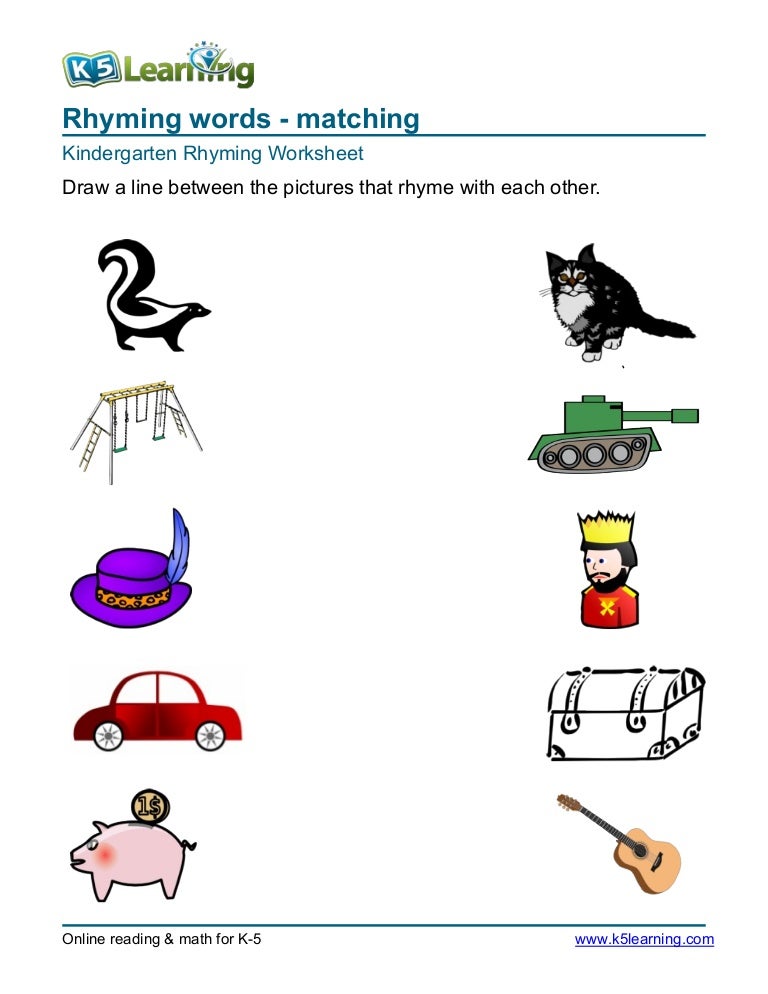 This is the so-called letter palindrome. FROM many people know him:
This is the so-called letter palindrome. FROM many people know him:
I am glad, giving,
Darya, I'm glad.
D.I.
Unfortunately, not every such palindrome is endowed with a meaning that does not require comments.
The second type of palindrome is more difficult to create, but also more interesting. It is a poem that is read from the beginning and from the end with the preservation of the same meaning, but not by letters, but by words. The first word of the poem will be its last word, the second - the penultimate, the third - the third from the end, etc. Each word of the poem, therefore, must occur twice in it. If we denote the words of the palindrome with the numbers 1, 2, 3, etc., then the scheme of a palindrome containing, for example, 8 different words, will be as follows:
1 2 3 4
5 6 7 8
8 7 6 5
4 3 2 1
Here is a remarkable example of a Latin palindrome presented to Pope Pius I in the 2nd century BC. AD
Laus tua, non tua fraus, virtus, non copia rerum
Scandere te fecit hoc decus eximium.
Eximium decus hoc fecit te scandere rerum
Copia non, virtus, fraus tuf nou, tua laus.
In translation, it means:
"Your feat, not a crime, virtue, not wealth, allows you to rise to this exceptional glory. It is not wealth, but virtue, not a crime, but your feat that allows you to rise to this exceptional glory."
[As you can see, the palindrome fully meets the construction requirements. However, the attentive reader will see in it a possible, albeit hidden, meaning.
Let's try to read its second part, placing punctuation marks in it a little differently:
Eximium decus hoc fecit te scandere rerum
Copia, non virtus, fraus tuf, nou tua laus.
Let's translate the result:
"To this exceptional glory, wealth, and not virtue, your crime, and not your feat, allow you to rise."
What is it? Whether the pope guessed about such a possible metamorphosis of the text, we will probably never know, but it is obvious that the author of this poetic miniature was an inventive person. - Yu.M .]
Through the game of rhymes, you can build any poem. But such verses are also possible, the very essence of which depends on rhymes. These include monorym . In this form, the entire poem is built on one identical rhyme (reeds - breathe - silence - hurry - wilderness, etc.). Beautiful monotonous rhymes, repeated in greater numbers than in the ordinary number habitual for hearing (two or three), can create a truly artistic impression:
Heart rejoicing and tormenting,
Mournfully quiet, melodious
They roar, they roar of monotony...
That is not thunderous lightning
Red-flame burning...
Not the fires of the sea are ebullient...
Dawns scarlet, burning...
These are flying sparks
Mournfully quiet, melodious
Single flowers - monotones.
Vl. Lebedev
Poems can be composed in the form of well recognizable objects. Such poems belong to poetry of subject form . It originated in ancient Rome. And the examples of such poems, in their appearance along the framing contour, corresponded to what was described in them: an ax, an ax, wings, an egg, a goblet, a cross, a palm tree, a tower, a trapezoid, a pyramid.
The "secret" of subject poems lies in the exact distribution of poems of various length, determined by the contours of the chosen form. It is desirable that the content poems went in unison with the purpose or properties of the subject. For example, by about the appearance of this book, its author wrote a joke-prospect in the form of a garden vases. This advertising-joking poem, placed in a "vase", mentions some forms of poetry, which are described in the book (burime, "echo", logogriff etc.):
Poets respond to all phenomena of life with verses and poems of any form and length.
So, often in collections of poems you can find a poem with a sharp thought - epigram . In modern poetry, the word "epigram" denotes a mockingly satirical (sometimes - "poisonous") poem addressed to a certain person.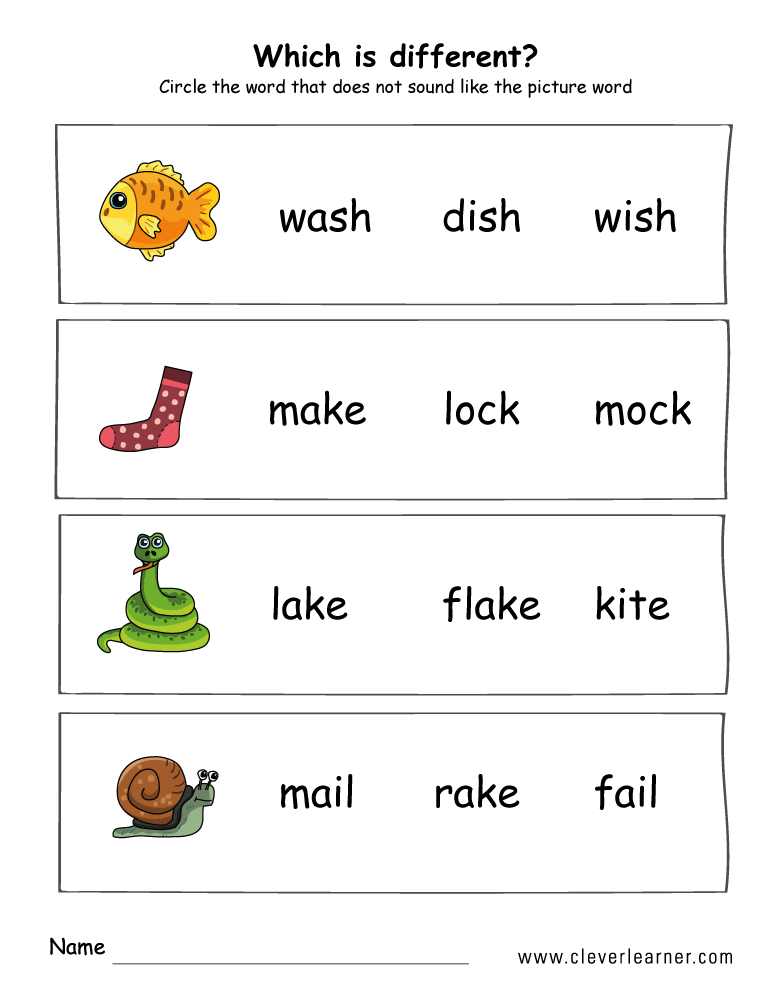 The advantage of epigrams is the brevity of the verse and the accuracy of the "prick". We give examples of epigrams.
The advantage of epigrams is the brevity of the verse and the accuracy of the "prick". We give examples of epigrams.
Tip
You are cold and empty: winter is in your verses.
To give them heat, warm them in the fireplace.
P. Kozlov
Karamzin street
In his "History" elegance, simplicity
They prove to us without any partiality
The Necessity of Autocracy
And the charms of the whip.
A. Pushkin
As opposed to the lightness of the epigram, there is a special form of verse devoted to reflection and maxims. This is gnoma , a poem expressing some thought, mainly in the moral field, and consisting of one or more couplets. Examples:
Don't marry a brightly shining beauty:
The torch irresistibly draws moths to itself.
A. Semenov-Tyan-Shansky
In the world, always say goodbye to a person, because you don’t know -
It's not the last time you see him in your life.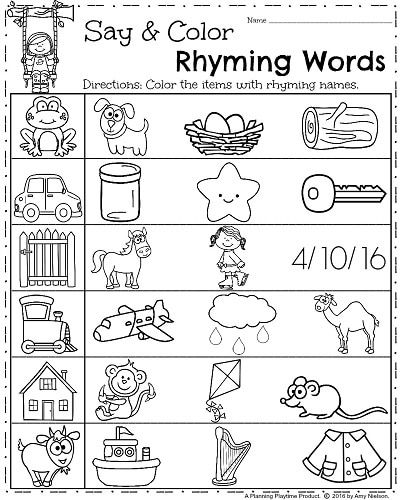
N.N.
Poets do not disregard both joyful and sad events. In connection with the death and burial of a person in poetry, there is a special form of poetry - epitaph , i.e. an inscription on a monument. Its content is praise for the deceased, reasoning, moralizing, addressing a passerby, etc. Often epitaphs are written from a person buried under a monument. So, at the Volkov cemetery in St. Petersburg there is an old monument, the poem on which begins with the words:
Passerby, you are coming,
But you lie down like me...
There are also humorous epitaphs. At the Okhtensky cemetery there was a monument erected after cholera in the 30s of the 19th century. The epitaph on it was:
I spoke correctly:
Don't eat berries, Ilya.
You didn't listen to me -
I ate all the berries.
So you died, Ilya!
I spoke correctly...
But let's get back to life.
All poetic forms that we have considered require both time and labor for implementation. But there is one form that is created, or at least should be created almost instantly. This is impromptu .
But there is one form that is created, or at least should be created almost instantly. This is impromptu .
This name is given to poems written immediately on occasion and very quickly, without preparation. Here is a wonderful impromptu of A. Pushkin, indignant at the fact that he was sent to work to conduct the "case of locusts." Piles of government papers could not have clarified this case better, as Pushkin found out with his inherent genius, writing the following on the cover of the "case":
Locust flew, flew
And sat down.
Sat, sat, ate everything
And flew away again.
Let's complete our short digression into the field of entertaining versification with a humorous form of poetic creativity - parody .
Parody is appreciated and loved by both readers and listeners.
The name of the parody comes from the Greek parados - singing inside out. Most likely, parody developed from satirical farces, which were given for the pleasure of the public in Ancient Hellas after the end of serious tragedies and where their content was often ridiculed.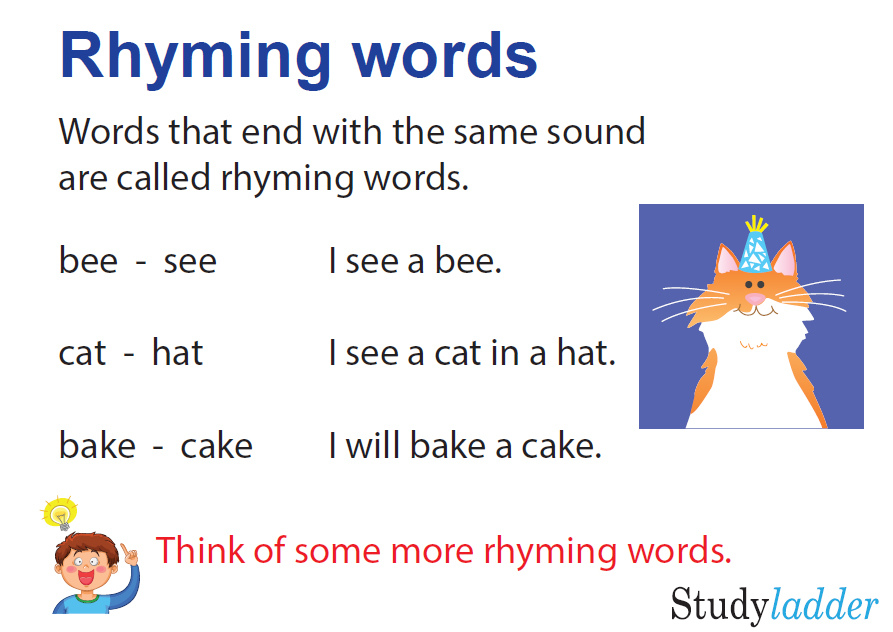
The essence of parody (not to be confused with an epigram! - see above) is that the parodied serious work more or less retains its form, but the content is changed, which is why the thoughts and images of the main work, when applied to the new content, begin to acquire a comic shade. The main purpose of parody, of course, is mockery, although it is good-natured, but often parodies are of great benefit to the authors of serious works, pointing out to them some shortcomings or monotony of methods that they would not have noticed without parody.
For parody, either a well-known author (at least for a given moment) or a well-known (at a given time) work of his is chosen, and the parody must constantly retain the techniques of the work of the parodied author so that he is immediately recognized by the parody, even if when his name is not given. To be offended by a parody is possible only with sick pride. Usually a talented parody glorifies the person being parodied even more and, in any case, cannot offend or humiliate a genuine talent.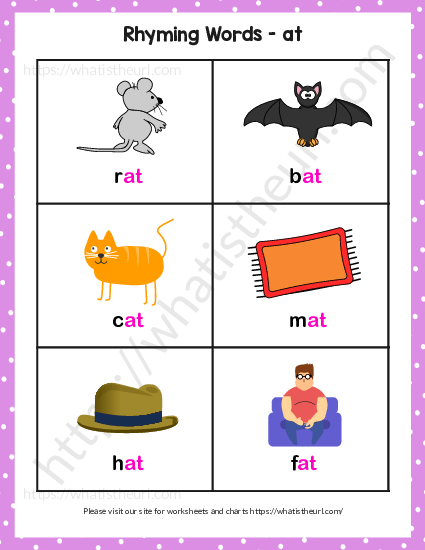
Art parody Anna Akhmatova
I will light my last stub,
Unravel the meaning of dreams
And I will send you a terrible gift -
Letters from all my suitors.
After all, one and now with me
Walks in the morning in pajamas,
And another one left yesterday
On the boat along the Kama.
E. Gerken
Parody of Vladimir Mayakovsky
Naughty - for me
Eat a fig! -
Parody will not come out,
I'll write it myself.
Or you don't feel,
What is my nature?
Where will you look,
With what torment
Drums and noise
Pants?
Don't you dare buy anywhere,
Except GUM!
I buy
myself And others are recommended
Button for underpants;
Prices published daily
42-18 -
Telephone.
I would like to go to GUM as a clerk,
I would sell all the boxes!
L.

